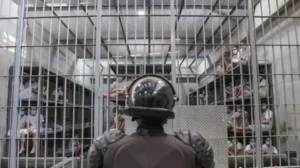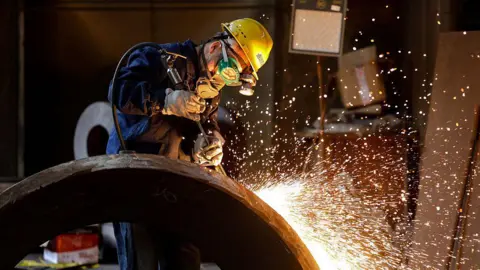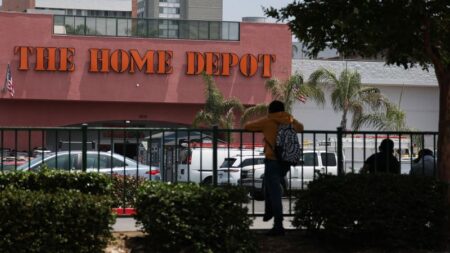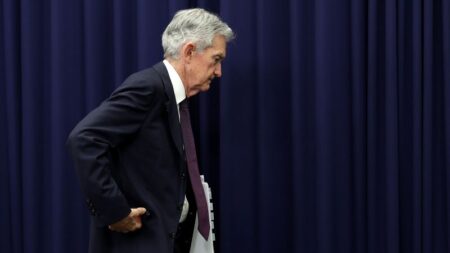In recent times, the intricate dynamics of global economics have taken center stage, with the spotlight now on one of the most significant economic gatherings, the “Summer Davos” held in Tianjin, China. The ongoing turmoil stemming from escalating geopolitical tensions and trade wars has become a major focal point for business leaders and economic stakeholders attending this pivotal forum. The situation presents not only a critical lens through which to analyze today’s business landscape but also a foundation for discussions around the path forward.
Amid the backdrop of declining oil prices, which saw their lowest levels in two weeks following Israel’s agreement to a proposed ceasefire with Iran, participants in the World Economic Forum (WEF) expressed their growing concerns regarding the global economic climate. These conversations illuminate the wide-reaching impacts of geopolitical issues; for instance, a swift escalation in conflicts, such as those involving Iran and Israel, has overshadowed other pressing concerns, including trade, tariffs, and inflation. The ramifications of these geopolitical dynamics extend far beyond national borders, touching every corner of the global economy.
Borge Brende, the president and CEO of the WEF, candidly described the current geopolitical and geo-economic backdrop as the “most complex” seen in decades. This sentiment resonates especially as uncertainty looms. Brende stressed the importance of revitalizing economic growth to stave off a protracted period of stagnation, illustrating how trade policies – particularly those from the United States – have profoundly disrupted global supply chains and hampered future business planning.
Acclaimed political scientist Jeffry Frieden reiterated these concerns by describing the present as an era characterized by “radical uncertainty.” As businesses navigate this multifaceted environment, they are compelled to reassess their strategies in light of recent political and economic shifts. One prominent risk factor is the rising oil prices, which can inflate operational costs for manufacturers, leading businesses to pass those costs onto consumers and, consequently, dampen consumer spending. This cyclical pattern can create a challenge for central banks in managing interest rates and inflation.
The intricacies of international relationships also loom large, particularly through the lens of Iran’s threat to close the Strait of Hormuz, a crucial artery for global oil transport. For China, which heavily depends on Iranian oil, such threats pose potential vulnerabilities, accentuating the pressing need for strategic energy policies as the nation progresses with its industrial goals, particularly in high-tech sectors.
As the WEF convened against these complex issues, China’s economic struggles came sharply into focus. The nation has been grappling with the effects of a prolonged property crisis, significant unemployment rates, and sluggish domestic consumption. In response, Beijing has introduced various measures to bolster its economy, with predictions that it may account for nearly 30% of global growth in the coming year, maintaining a growth target of about 5%.
Chris Torrens, the head of China at APCO, underscored this moment as an opportunity for China to present itself as a champion of globalization. He noted that despite existing market access challenges, China is positioning itself strategically on the global economic stage. This positioning is further highlighted in the context of technological advancements, particularly in Artificial Intelligence (AI), which could provide significant new growth avenues and help counterbalance the adverse effects of tariffs and trade conflicts.
Amid ongoing uncertainty, the WEF serves as a vital forum for business leaders attempting to forge alliances and deliberate on their strategies. With looming uncertainty regarding the future of US trade tariffs, businesses find it increasingly challenging to undertake long-term planning, as the landscape remains fraught with variables.
Overall, the “Summer Davos” in Tianjin epitomizes the intricate web of international relationships and economic conditions that define the modern era. It captures the profound challenges and opportunities that countries face as they navigate the evolving landscape of global economics amid continuous geopolitical turmoil. As leaders from different sectors come together here, the importance of cooperation, innovation, and strategic foresight has never been more evident. The discussions and collaborations initiated at this summit may hold the key to addressing not only the immediate economic woes but also paving the way for a more stable and prosperous future.










